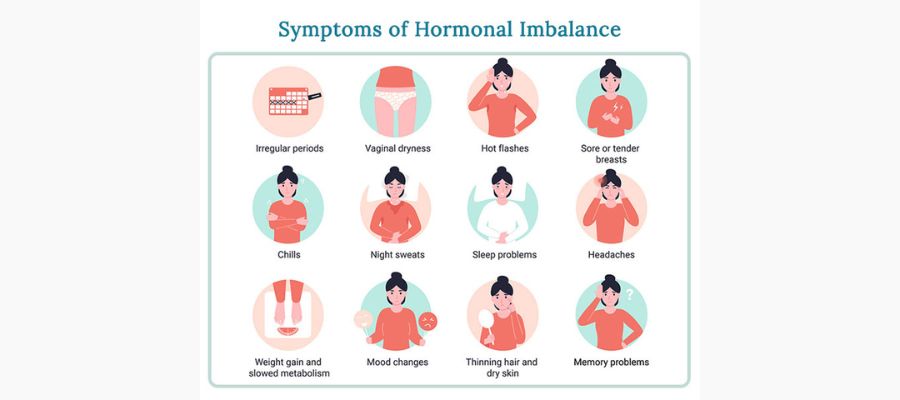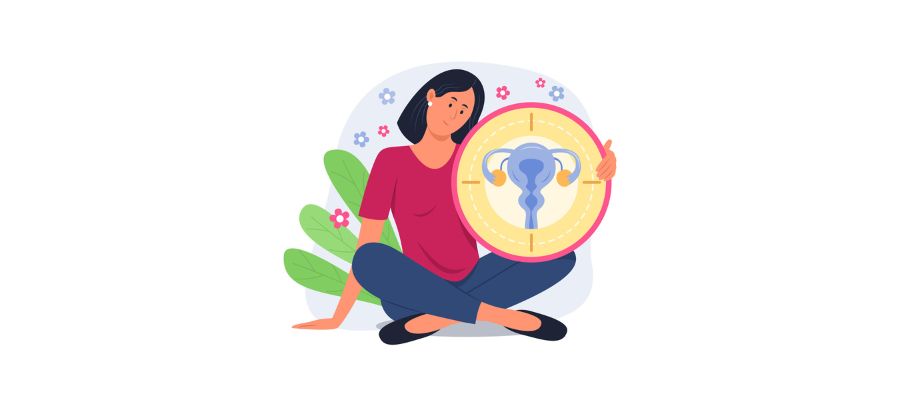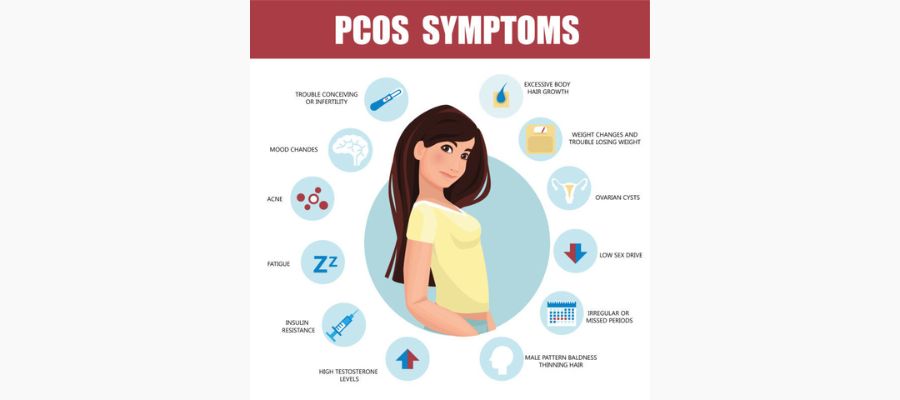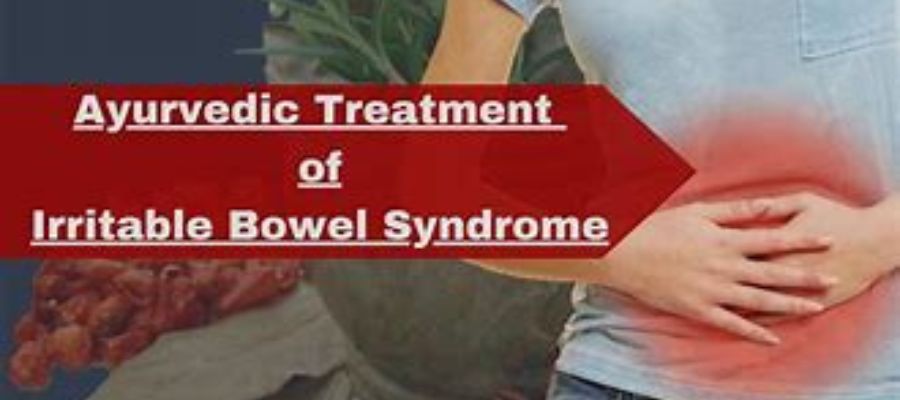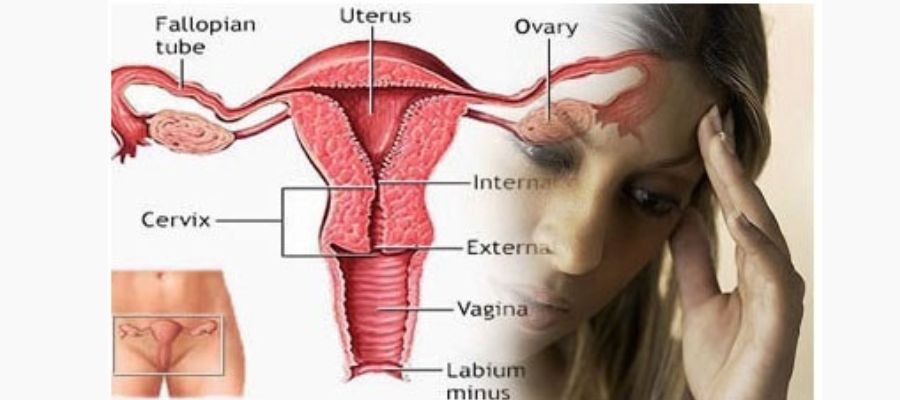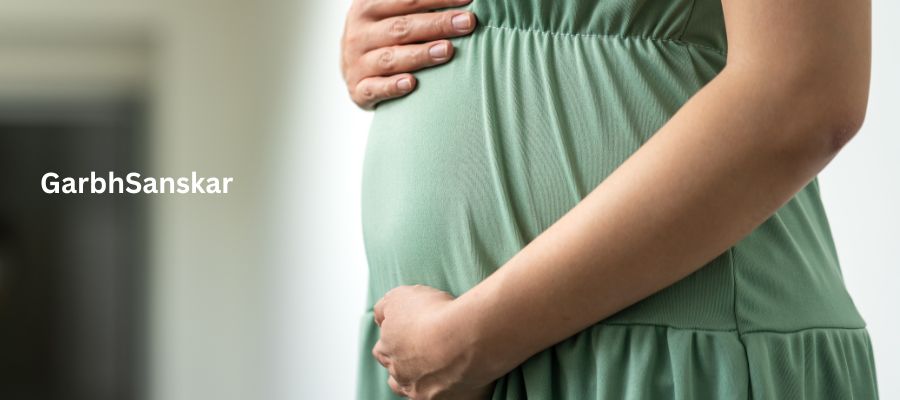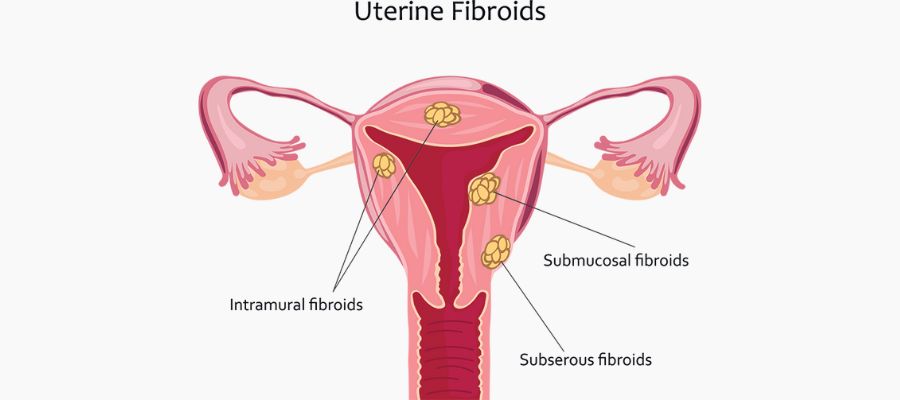
WHAT IS PCOS?
In India, PCOS affects 3.7% to 22.5% (1.3-7.9 crore) of women. It is so much common that according to the recent survey it was declared that 1 in every 5 women have PCOS. Yet many of them aren’t aware of it. Regularly experiencing few of the PCOS symptoms might seem to be normal to many of the women around. However rightly diagnosing it with the help of expert could help reverse them and lead a better life.
Polycystic Ovarian Syndrome was first know as PCOD (Polycystic Ovarian Disease). As earlier it was assumed that it only affects the ovary which can be cured completely it was name PCOD. However, recently it was found that it not only affects the ovaries or reproductive health but it disrupts overall metabolism of the body. It affects 10 to 20% of women of reproductive ages between 15 to 49 years.
Here are few important points to know regarding PCOS.
What does PCOS mean?
The word ‘syndrome’ in PCOS itself means group of symptoms. Hence, there are so many symptoms and signs manifested due to PCOS. It is generalised that higher ranges of male hormone i.e. testosterone and /or insulin resistance in women is the cause of development of PCOS. Sometimes there is much of mishap with other female reproductive hormones as well. These hormones thus fail to ovulate i.e., stops the release of eggs from the ovary and due to which there is build up of immature follicles in the ovaries. This than leads to various complications such as fatty liver, raised triglycerides, obesity or weight loss, diabetes mellitus, heart disease, infertility and uterine cancer.
Signs and symptoms of PCOS.
Delayed or early periods or complete absence
Irregular period cycles
Oily face with acne eruption and dry skin all over body
Mood swings, irritability, depression without any apparent reason
Excessive and unwanted facial hair growth
Female pattern hair loss and hairfall
Sudden Wight loss or gain
Acanthosis nigrican -darkening of skin near neck, armpit and corner of lips.
Diagnosis of PCOS
Usually a routine abdominal ultrasound- sonography is advised for the diagnosis of PCOS. However ,following two amongst three criteria are considered for its compete diagnosis
- Oligo or anovulation i.e., less than 9 cycles/year or more than 35days between each cycle o period. If you have prolonged phase of absent periods or longer cycles then you are more likely to have PCOS.
- Hyper androgenism meaning presence of excess male hormone either in bio-pathological investigation or presence of facial hair growth, acne and hair loss or both.
- Presence of multiple cysts in the ovaries after thorough examination through ultrasound. Presence of more than 12 immature follicles or more than 10cc capacity of either of the ovaries or both.
If first two criteria are already met there is no necessity to do an ultrasound, (unless otherwise advised) PCOS is confirmed in such cases.
So, if any one suffering from such symptoms mentioned above, should get themselves checked and get proper knowledge on lifestyle through an expert to help reverse the condition.



